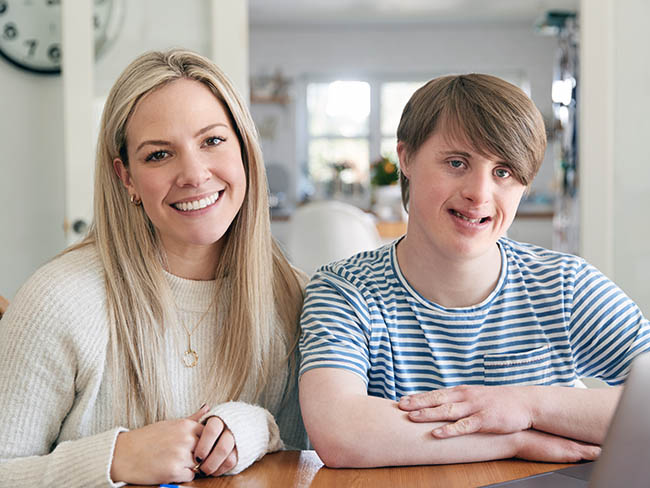Standard 1: Families define themselves and their own culture. Families have their own individual strengths and know best what would work for them.
Standard 2: Families require culturally competent services and supports that reflect their race, ethnicity, gender orientation, language, socio-economic background and family structure.
Standard 3: Families have their basic needs met. All persons deserve to have their needs met.
Standard 4: Families have access to information and training. This is vital in the growth of families and their ability to be empowered to take care of their own.
Standard 5: Family-identified priorities and concerns drive policy and practice. Families take an active role in advocating for family-friendly policies.
Standard 6: Families share the power to make decisions and responsibility for outcomes. When families partner with professionals and service providers as equal partners, they have a vested interest in policies, services, responsibilities and outcomes.
Standard 7: Families and their system partners know individual strengths, limitations and fears. Family-Professional partnerships do not happen overnight. Both sides are responsible for teaching and receiving information and forming strong partnerships.
Standard 8: Families have their own independent organization to speak with a collective voice for system change.
Standard 9: Families and their organizations get both respect and protection for their system partners.
We are all in this together. By building strong parent professional partnerships, we will have a bright future.






